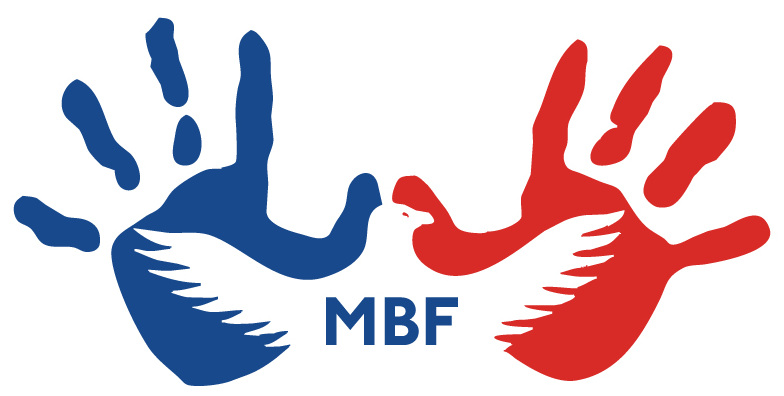Did You Know…
- 1 in 4 students has BEEN BULLIED and 1 in 5 students has BEEN CYBERBULLIED
- 30% of young people admit to BULLYING OTHERS
- 70.6% of young people say they’ve SEEN BULLYING IN THEIR SCHOOLS
- AND HERE’S SOMETHING YOU SHOULD DEFINITELY KNOW…
- When bystanders SPEAK UP, bullying stops within 10 seconds more than half of the time
- 3 million CHILD ABUSE reports were filed in the U.S. last year
- Sexting can lead to Sexual Bullying and Cyberbullying
- Sexting can open the doors to sexual predators
- Sexting can ruin a child or teen’s reputation
Use the 5 Safety Rules
Staying Safe in an Unsafe World!
Being young in today’s society brings with it challenges and safety concerns your parents never faced. One out of five kids just like you will experience abuse, bullying, cyberbullying, and other online dangers, and you can’t think, “It won’t happen to me.” Kids just like you are victimized every day.
I’m sure your parents set rules and guidelines to help keep you safe. But there are also things you can learn to help keep yourself safe. Here are 5 Safety Rules from MBF Prevention Education Programs you can use to help you be successful and stay safe in any situation.
SAFETY RULE #1

Knowing What’s Up means you are aware of situations in your environment and people around you that may not be safe, both online and off. It also means knowing things like staying with a friend at all times, and memorizing your parents’ and Safe Adults’ cell phone numbers in case you lose your phone. When you are aware, you are empowered, and less likely to be victimized.
SAFETY RULE #2

Spotting Red Flags means using your awareness of safe versus unsafe situations to determine if someone’s behavior or a social interaction, online or off, is unsafe or inappropriate. Spotting Red Flags like bullying, cyberbullying, inappropriate online behavior, or adults trying to trick, force, or manipulate you into unsafe or inappropriate situations, will empower you to use the other Safety Rules to help you stay safe.
SAFETY RULE #3

Making a Move involves using good decision making skills to respond to new or unsafe situations, both online or off. You can Make a Move by: getting away from unsafe situations or people, or by staying away from people and situations you know are unsafe. It also means helping a friend out of an unsafe situation, whether they recognize it’s unsafe or not.
SAFETY RULE #4

Talking It Up means knowing you have a right to be safe and knowing you can use a strong or assertive voice if you or others are in an unsafe situation, online or off. You can Talk It Up by saying “No” to someone who is violating your personal boundaries, or someone who is demonstrating unsafe or inappropriate behaviors to you or others. Talking It Up also means telling (or reporting) a Safe Adult about unsafe or inappropriate situations or behaviors. Not telling, to avoid being seen as a “snitch,” allows problems to continue to grow and may cause more damaging long-term consequences.
SAFETY RULE #5

As you get older, you will encounter new people and situations and will make decisions about your own behavior. No matter what happens, it is important to know you should never feel ashamed to seek help and talk to a Safe Adult if you are unsafe or have been hurt. You are not to blame and it is never too late to tell. It’s also important to know that if you have made an unsafe or inappropriate decision, talking to a Safe Adult can help you learn and stay safe.
Resources For Help:
Digital Downloads:
What They're Saying...
The MBF Teen Safety Matters curriculum hosts an in-depth approach to important social and safety concerns relevant to youth. The program content is age-appropriate with engaging activities, jargon, and realistic situations to positively promote a relatable and impacting learning experience…Teen Safety Matters is an educational benefit to all parties involved – students, parents, facilitators, and schools.
I heard about the program through my son. He came home…and showed me the safety rules. I cannot thank the Foundation enough; to have other people who are also concerned about my child’s safety and the safety of other kids is wonderful. I especially like the program’s focus on the prevention side.
The MBF Child Safety Matters program is impressive. This important information is well formulated and well presented, developmentally appropriate, and based on good understanding of literature.

